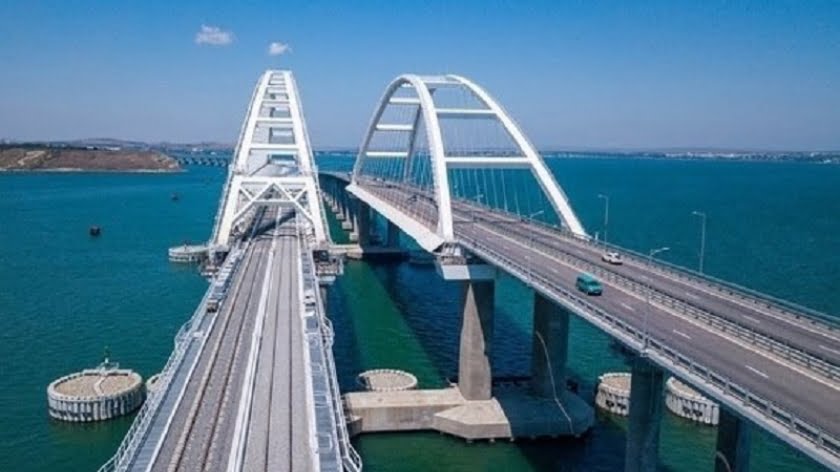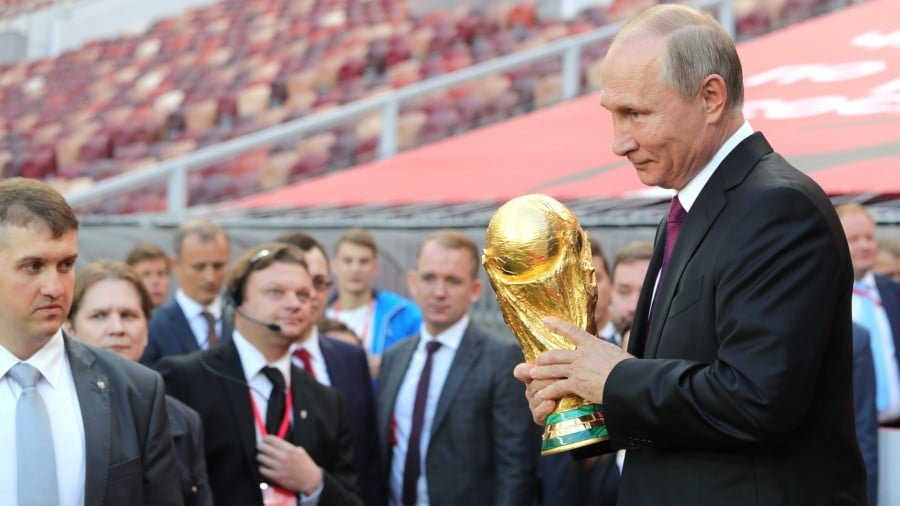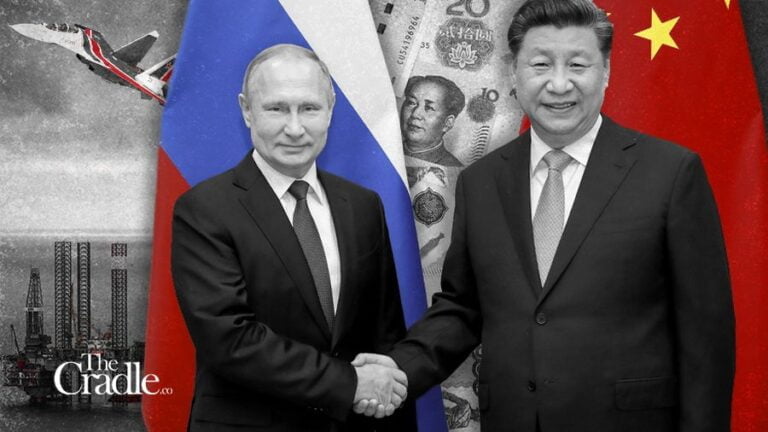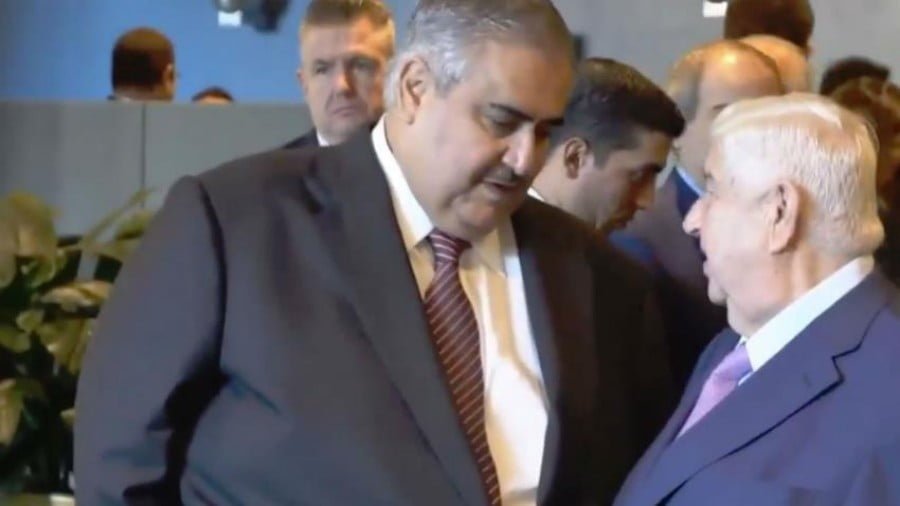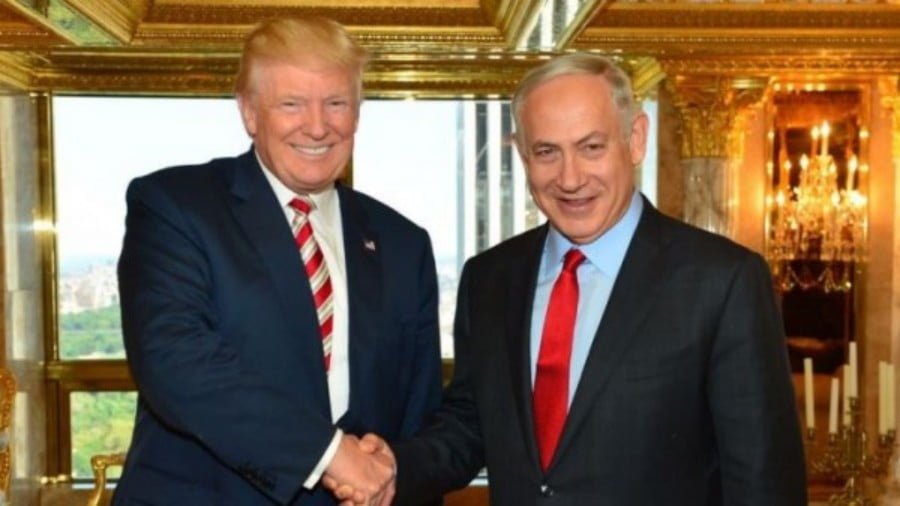Jerusalem and American Problem-Solving
Once upon a time, before France abolished the death penalty, three condemned terrorists were led to the guillotine. They were a Japanese, a German, and an American.
The Japanese went first. To show his bravery, he demanded to be laid on his back glaring up at the suspended blade. The switch was triggered, the blade was released, the condemned man shouted “Banzai!” in defiance . . .
But there was a malfunction in the mechanism! Just short of the man’s neck the blade stopped.
Well, the French were so impressed by the Japanese terrorist’s bravery, they pardoned him on the spot. He was lifted to his feet, kissed on both cheeks in the Gallic fashion, and sent on his merry way.
Next came the German. Not to be outdone by his comrade, he too demanded to look death boldly in the face. A flick of the switch, a cry of “Sieg Heil!”, a flash of the blade – which again stopped short. Following the Japanese precedent, the German was pardoned as well. With a kiss on both cheeks, off he went.
Last was the American. Like his predecessors, he too faced up toward the blade, scrutinizing it.
But just an instant before the switch was to be triggered, the American called out:
“Hey wait! I see the problem. Let me up – I can fix it!”
For better or worse, that is how we Americans tend to see the world. Nothing can ever just be, everything is a problem. And as night follows day, we are sure all problems have solutions. Whatever it is, we can fix it!
Which brings us to Jerusalem. It is the core problem within a bigger problem, the Israel-Palestinian conflict.
Americans are certain there is a solution. That certainty fails to take into account two factors:
1. The Israelis
2. The Palestinians
From the Israelis’ point of view, there actually isn’t a Jerusalem problem at all. They have it – all of it – and they’re going to keep it.
For the Palestinians, there definitely is a Jerusalem problem. They don’t have it but want it – or part of it anyway – as the capital of a Palestinian state. Which in turn leads to their next problem: that there isn’t a Palestinian state, and it’s unlikely there will be one.
Not a real state, anyway. The Israelis will never risk it. As Srdja Trifkovic explains:
‘The structural problem in the Arab-Israeli conflict which remains overlooked by the media – the mother of all problems – is not Trump’s recognition of Jerusalem as Israel’s capital. It is whether the Palestinian Arabs can ever recognize Israel as a legitimate entity.
‘From the orthodox Muslim point of view, the struggle against Israel is more than a “war of national liberation”: it is an act of worship for which God rewards a struggler in the form of victory in this life and eternity the hereafter. In line with this teaching, Hamas’ military wing, the Brigades of Martyr ‘Izziddin Al-Qassam, call their attacks ‘amaliyyat Istish-hadiyah, or “martyrdom operations.” The religious contextualization of the Arab-Israeli dispute makes its resolution structurally impossible. The conflict is no longer stated in the secular, “rational” terms of power, territory, resources, and guarantees. Hamas, Hizballah, and other Islamic groups have brought a qualitative change to the Middle Eastern discourse: from their point of view no permanent peace is possible because it would be against Allah’s will to grant any piece of land once controlled by the faithful to non-Muslim infidels.’
In short, President Donald Trump’s recognition of Jerusalem as Israel’s capital is the end of a long pretense. In keeping a campaign pledge to domestic constituencies, he has visibly changed the American role in the Israel-Palestinian dynamic. In the opinion of Marc Ginsberg, former U.S. ambassador to Morocco and White House Middle East adviser, Trump’s declaration is –
‘ . . . the culmination of a concerted effort by American uber Jewish and Christian evangelicals to put an end to the façade of America as an “honest broker” of Middle East peace. A façade that successive American diplomats have tried to sell to the Palestinians and Arab nations like a used car. [ . . . ]
‘For decades, successive American presidents have inserted themselves into the peacemaking business giving rise to a diplomatic industrial complex dedicated to forging a peace between Israel and the Palestinians. Anyone who has made the effort has failed, and the failures have piled up like layers of Jerusalem stone. . . . For whatever may come of Trump’s actions it may at least finally, finally, send a message to the Palestinians that the long, painful era of America acting as their “impartial” intermediary with Israel, is over.’
Let’s take a moment to catch our breath after we’ve stopped laughing at the notion – worthy of a used car salesman indeed! – that the U.S. could ever have been considered an “honest broker” or “impartial” in pretty much any international context these days, much less this one. Still, Ginsberg has a point. Whatever the delusions anyone might have entertained that the U.S. would hold both sides’ feet to the fire to get a viable two-state deal, forget it. The Palestinians will get what, and only what, the Israelis are prepared to give them.
The suggestion has been made that Trump has undercut some super-secret, super-genius peace plan concocted by his son-in-law, Jared Kushner. Likewise, that the Administration’s and (Israeli Prime Minister Netanyahu’s) favorite Arab, Saudi Crown Prince Mohammad bin Salman was not fully on board. The patent absurdity of such claims isn’t worth refuting. Mohammad, no less than Netanyahu, couldn’t care less about the Palestinians. He’s preoccupied with figuring out how to drag the U.S. into a war with Iran.
Trump “recognized” Jerusalem as Israel’s capital – which in substance already was the position of the United States as codified in 1995 legislation – but did not immediately move the U.S. Embassy to Jerusalem. (Despite the nonsense about a process taking months or even years, the formalities could be accomplished instantly by just switching the signs on the Embassy in Tel Aviv and on the U.S. Consulate General in Jerusalem.) This “split the baby” approach bears a striking similarity to Trump’s action on the Iranian nuclear deal, where he symbolically kept another campaign pledge by “decertifying” the agreement but didn’t pull the U.S. out of it.
On both Jerusalem and the Iran deal, the outrage around the world was deafening, but in the end nothing much happened. The world kept spinning on its axis.
Meanwhile, the problems fester, with no solutions in sight.
By James George Jatras
Source: Strategic Culture



